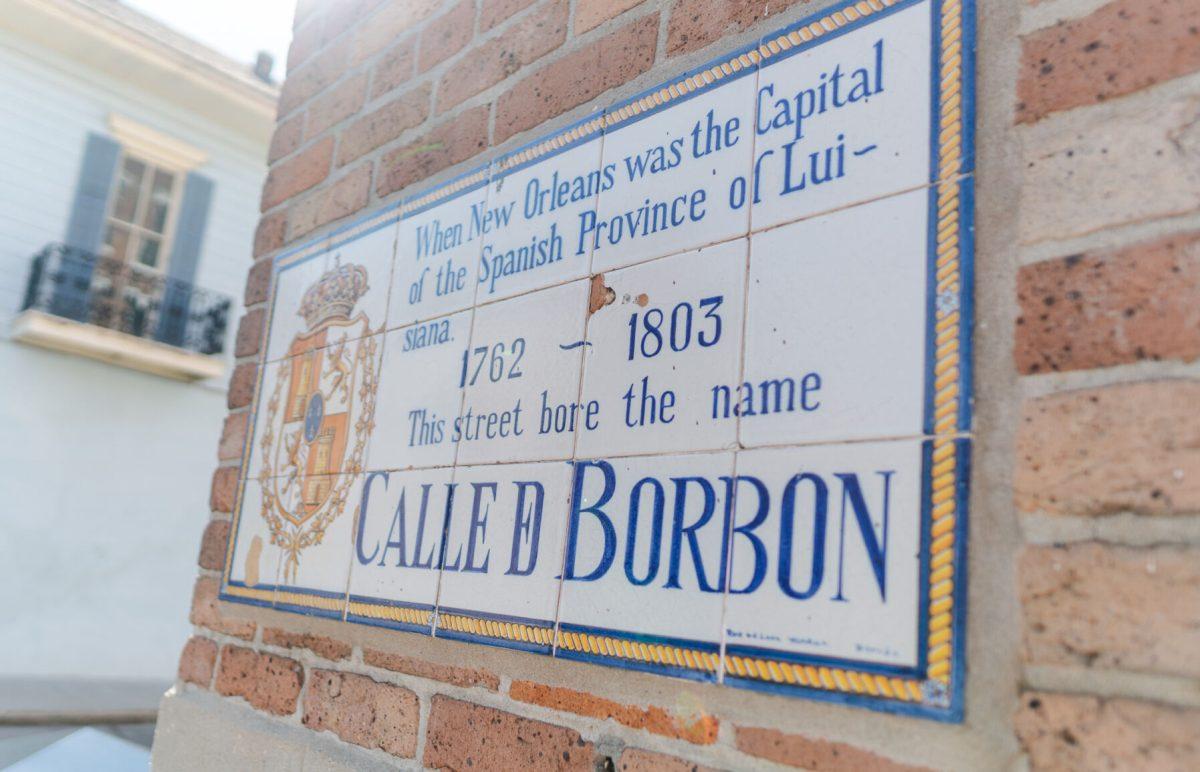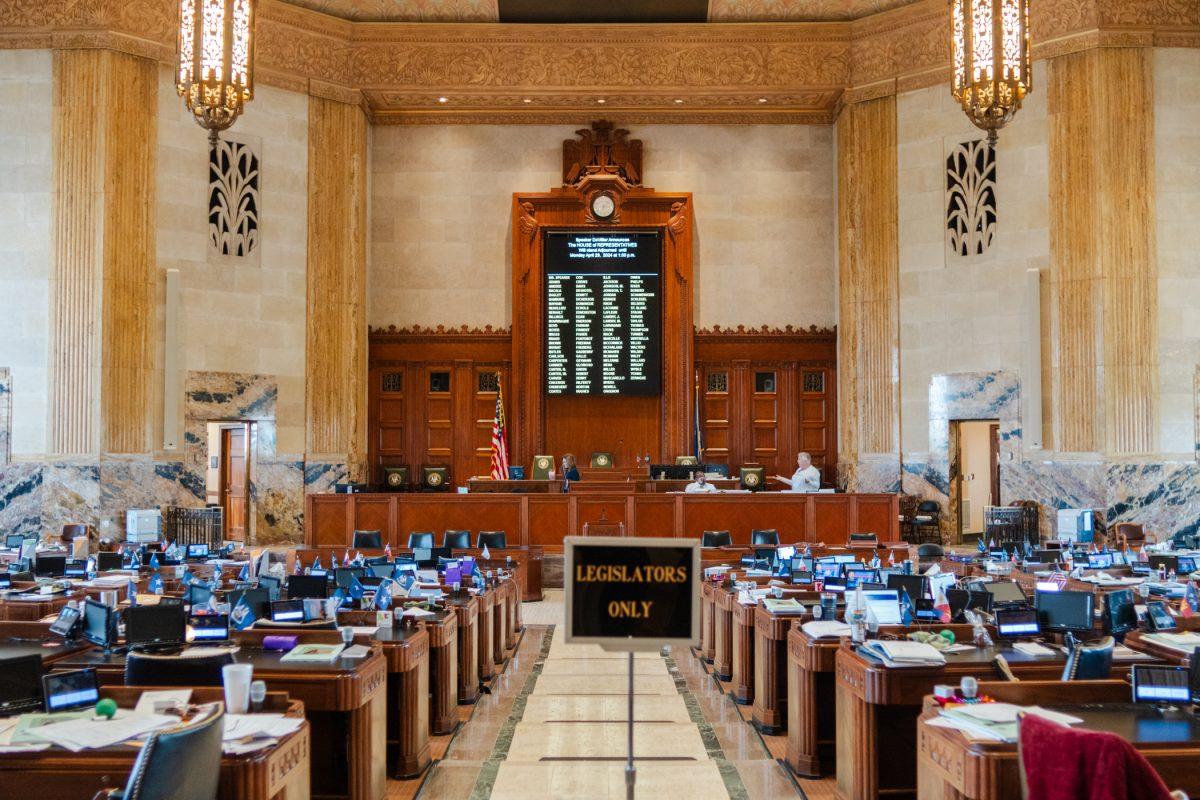Note: Click here to see the Louisiana Illuminator’s original reporting.
Prompted by an increase in crime on and around LSU’s campus, Louisiana lawmakers have created a crime prevention district made up of the school and surrounding neighborhoods.
The district, created by House Bill 565 by Rep. Barbara Freiberg, R-Baton Rouge, will encompass the sprawling Baton Rouge campus, several popular student housing areas, businesses at north of campus and the Tigerland area, which has been a particular sore spot for the university. The district will have the ability to impose fees on property owners for security improvements.
“We need [Freiberg’s bill] because the money is gonna help us make campus safer,” LSU President William Tate said in an interview.
Safety at LSU has been scrutinized following the rape and death of LSU sophomore Madison Brooks in January. The 19-year-old was fatally struck by a car after being dropped off by three men, two of whom are accused of raping her, after they left Reggie’s bar in Tigerland. Police said Brooks blood alcohol content was too high for her to have consented to sex.
While Reggie’s has been shut down following the revocation of its alcohol license, LSU President Willaim F. Tate has called for bars in Tigerland to take responsibility for underage drinking.
Tigerland is a neighborhood on the south side of campus known for its affordable housing and thriving nightlife, which draws in students with cheap drinks and what campus officials have said are lax ID requirements.
Kimberly Lewis, LSU’s chief administrative officer, said creating the district is one part of getting the bars to take additional responsibility.
“You can talk about a problem but you have to work through solutions,” Lewis said in an interview. “I think they’re all willing to engage as one piece of this to make sure that everyone has the same access to the level of security that we’re talking about.”
Lewis said the board has several options for an increased security presence, including partnering with local law enforcement or hiring private security. The board can also use the money for security infrastructure like lighting and cameras, Lewis said.
Lewis said the idea for a district has been in the works since before Brooks’ death.
Property owners in Tigerland and other areas surrounding campus will be charged a parcel fee that will pay for an increased law enforcement presence and other safety improvements.
The district will be governed by a board of 11 commissioners:
- four appointees by LSU’s president
- one appointed by a representative of the Northgate Merchants Association
- one appointed by the Southgate Merchants Association
- one appointed by the state representative representing the greatest number of property owners in the district
- one appointed by the state senator representing the greatest number of property owners in the district
- one member appointed by the three East Baton Rouge Metro Council whose district is at least partially in the security district.
The members will serve four year terms and will be eligible for reappointment.
The board is subject to open meetings law, meaning the body must notify the public of each meeting, allow the public to observe and allow public comment.
A majority of voters in the district must approve before a fee can be imposed on its property owners. The fee cannot exceed $400 per year for a single-family home, $600 for multiple adjacent residential parcels housing a single-family household, $5,000 for multi-family residential parcels and $5,000 for commercial properties.
Although Tate said the bill is an important step, he believes it is not adequate.
“In the end, it’s still not gonna be enough because we’re gonna have to light things up, we’re gonna have to have cameras, we’re gonna have to have other things that are not associated with [Freiberg’s bill],” Tate said. “For example, buses, getting their transportation better, the bar owners doing things that aren’t going to be legislated.”
“There’s just many, many, many things that have to happen,” Tate added.
The bill became effective upon Gov. John Bel Edwards’ signing it June 7, but it is unclear when the board’s membership will be finalized or when the fees might be put to the voters.














